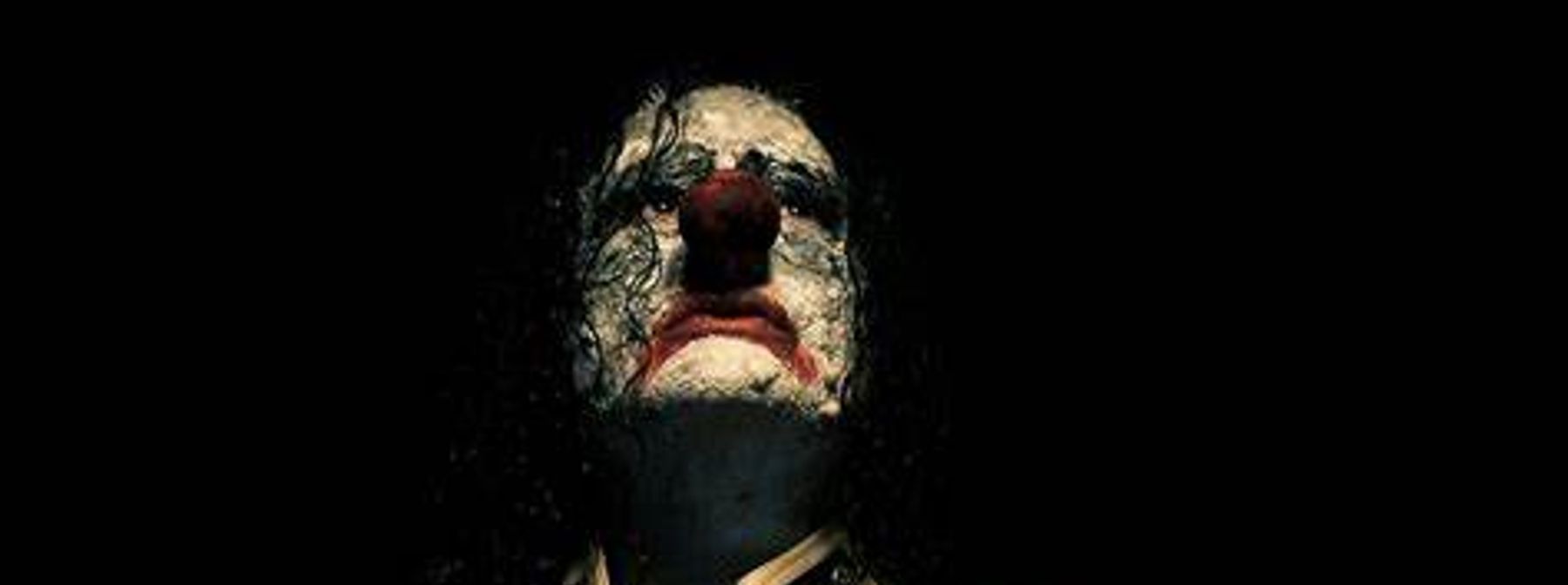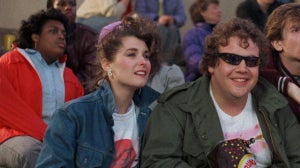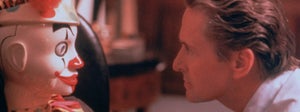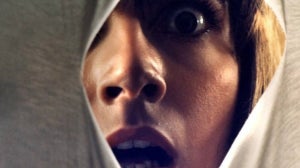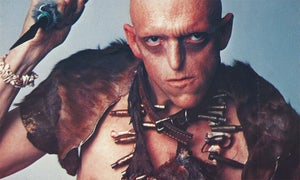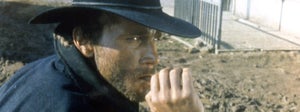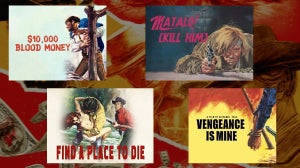
Huston, Coppola and Fonda are only a few of cinema’s prominent families. They are responsible for contributions of seminal works, in front of and behind the camera, that have seen generations from these families irrevocably define cinema.
The Deeper You Dig is quintessential family filmmaking, that is in its infancy. It’s the fifth from what has become a three person family crew: husband and wife John Adams and Toby Poser, and daughter Zelda, that first announced themselves as a filmmaking unit, along with daughter Lulu Adams, in 2013 with Rumblesticks.
The emphasis on them as a family has not escaped John, who sees The Deeper You Dig as a moment of decision. “We are, right now in our careers, trying to decide whether this intimacy of film crew, which is a crew of three, is something that we can keep, but then go to that next level” he says. “Not of pure polishedness, but of basically that point where perhaps people won’t say, “Wow, a family made this movie”, but they’ll just talk about that movie.”
We are drawn to the people behind the films. In classic Hollywood film, stars were adored by the public; their offscreen personas carefully managed to preserve their onscreen magic. Then the transition from the producer as auteur, to the director as auteur, frames cinema is an art form that cannot hide its storytellers, and as an audience we are intrigued by the people behind the films, and the story behind the film.
In The Deeper You Dig, bogus tarot card reader Ivy (Toby Poser) and her teenage daughter Echo (Zelda Adams) are an unconventional but loving mother and daughter team. But when reclusive Kurt (John Adams) moves in down the road, a tragic accident results in Echo’s death. Kurt believes he can hide his secret beneath the earth – but Echo haunts his every move, trying to reach her mother from beyond. Meanwhile, in Rumblesticks, a mother (Toby Poser), who, awaiting sentencing for growing marijuana, takes her daughters (Zelda and Lulu Adams) on a road trip to prepare them for her incarceration.
In both films, their family dynamic is imprinted on the drama, which offers the films something deeper – the real life relationships and those onscreen are intertwined. It’s something that gives the film a presence, and if human is too pretentious a word for it, then the personal.
The appeal of their films is not only what happens on screen, but these are stories told by a family of filmmakers. It’s a personal type of filmmaking that John echoes in their approach to storytelling, that relies on something human to offset the dramatic. “Here’s something funny that we say. I want to cut somebody’s head off in a film, Toby needs to figure out why we’re going to cut somebody’s head off in a film, and then Zelda figures out how we’re going to film cutting that head off” says John. “And it’s a great team for that reason, but Toby loves the more human aspects of these things.”
The personal bonds are what draws distinctions between the Adams family and the filmmakers and actors of other cinematic families. Our awareness of Sofia Coppola as the daughter of Francis Ford Coppola does not likely influence how we view and discuss her films. Nor, when we see Jane, Peter or Bridget Fonda, do we make an immediate association with Henry Fonda. Perhaps as part of a wider discussion we are attentive to these connections, but we are able to appreciate them separately from their respective families.
What distinguishes the Adams’ is a lack of independence of their offscreen versus the onscreen relationships. For example, Sofia Coppola has directed her two cousins, Adam Schwartzman in The Virgin Suicides and Jason Schwartzman in Marie Antoinette, and her brother Roman Coppola has produced Somewhere and The Bling Ring, and executive produced The Beguiled and her upcoming film On the Rocks. Roman and Jason have also worked together, as co-creators of the comedy series Mozart in the Jungle, set around an New York City orchestra, and as frequent collaborators of filmmaker Wes Anderson. But these collaborations do not encourage an attention towards familial collaboration. Even in comparison to the Huston family, there was a separation between film and life when John Huston directed his father Walter in The Treasure of the Sierra Madre and his daughter Anjelica in Prizzi’s Honor.
There is, however, the literal and the non-literal family. “Sometimes we are compared to Cassavettes” says Toby. “I take that as a great compliment because what I love about his films, is sometimes you catch a boom in and he says, “I don’t care.” It doesn’t take you out of the story, and obviously it’s a film and you’re not there watching. We know it’s not reality, but it’s the energy that I love, and we don’t mind having that in our films too.”
The Deeper You Dig has a jagged edge that conveys the filmmakers have accepted that cinema is imperfect. But this aside, their approach does echo Cassavettes, who had a regular cast of collaborators, amongst them his wife Gena Rowlands and actor Seymour Cassel. Similarly, French filmmaker Robert Guédiguian, frequently works with his wife Ariane Ascaride, and actors Jean-Pierre Darroussin, Gérard Meylan and Anaïs Demoustier.
In The Shoot and Halfway to Zen, the Adams’ worked with a cast of actors across both productions, while daughter Lulu Adams, as well as acting in Rumblesticks and Halfway to Zen, was a second unit director/assistant director and camera operator on Knuckle Jack and Halfway to Zen, and camera operator on The Shoot.
In as much as there is an inclination to look to how this crew of three fit into the concept of the cinematic filmmaking family, what they echo is the collaborative nature of filmmaking beyond blood.
They may want the audience to talk about the film and not the family of filmmakers, but they should cherish that they are part of a sub-plot in cinema of how films can be made. It’s a spectrum spanning big budget commercial films and zero budget filmmaking, on which persons as diverse as Roger Corman and The Marx Brothers have found a way to be able to tell stories in film.

Related Articles

